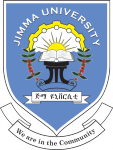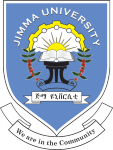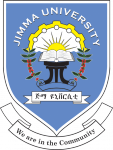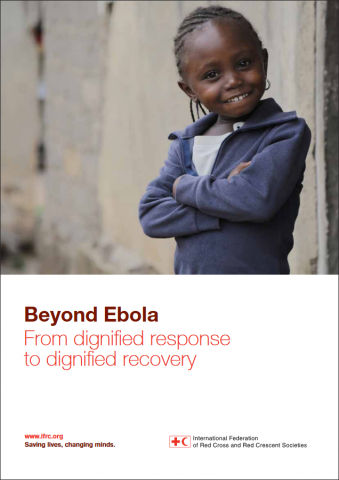Community-Based Initiatives for Adapting to Annual Floods and Heavy Windstorms along the Black and White Volta Rivers, 2014, UDS
This reports highlights the findings from a research project conducted by University of Development Studies, Ghana in response to the ‘Preparedness and Resilience Research’ small grants program (Phase I) implemented by Response 2 Resilience Institute and the Global Disaster Preparedness Center. Abstract: Climate change is manifested in the Northern Region of Ghana in annual floods and windstorms that […]










